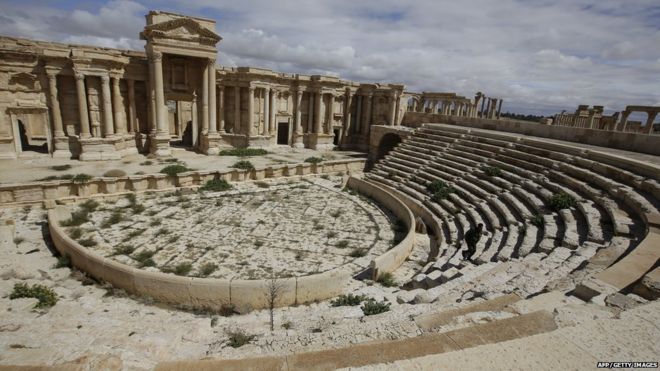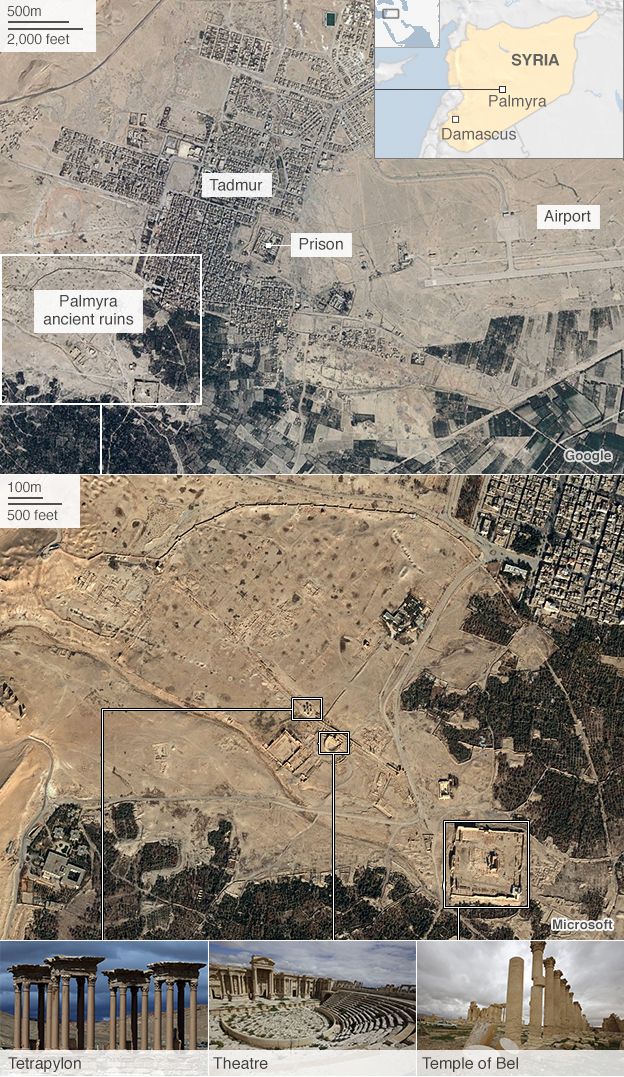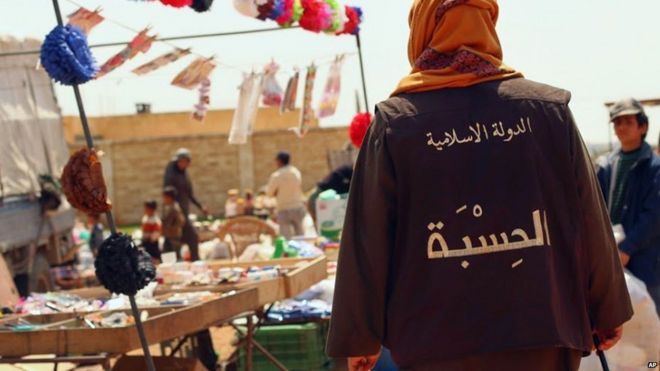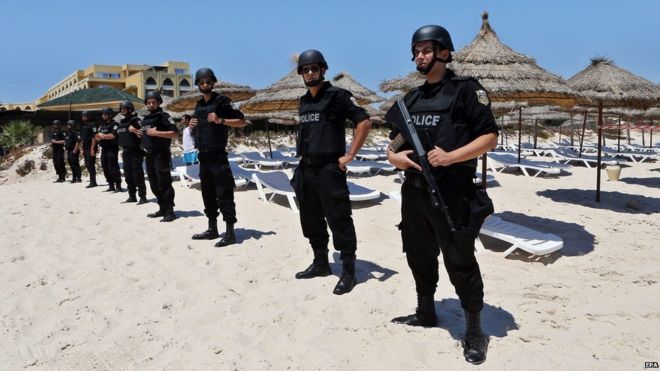Since the end of the transition period in 2012, land prices started to rise to as much as ten-fold compared to the previous year in parts of Mogadishu. This in turn led to private investors buying up public land with the help of their friends in government.
Let us take a look at the effects of corruption in Mogadishu where almost all the public gardens have opaquely been turned into petrol stations or restaurants.
This site used to be a state-owned petrol station. There is no transparency about how and why it was sold to a private company.

This site used to be a state-owned petrol station. There is no transparency about how and why it was sold to a private company.
_______________
This petrol station in Hawlwadaag is built on public property that was used as a public garden.
______________
This petrol station in KM4 is on public land.
___________
A truck gets into the Yaqshid garden where work is ongoing to turn it into a petrol station.
__________________
After stopping work on the site earlier in the year due to opposition from the new Banadir administration, work has resumed on the site without intervention from authorities

After stopping work on the site earlier in the year due to opposition from the new Banadir administration, work has resumed on the site without intervention from authorities
____________
The Bondhere district part of the gardens illegally sold to local businessmen.
__________
The second garden of Yaqshid one year ago when it was sold to a local businessman.
______________
This is the Florensa, aka Hararyale, public garden illegally sold to Hass Petroleum.










